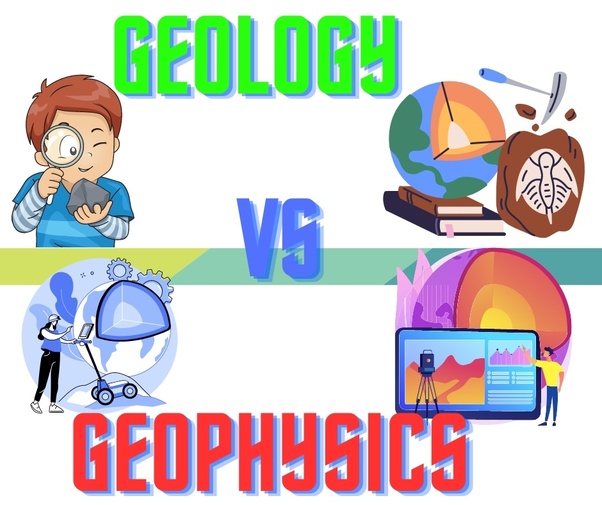Ph.D. in Marine Geology and Geophysics: Introduction, Admission, Registration, Eligibility, Duration, Fees, Syllabus 2024

Introduction:
Marine Geology and Geophysics is a specialized field that combines geological sciences with physical processes to study the seabed and sub-surface layers beneath the oceans. This discipline plays a crucial role in exploring natural resources, understanding environmental change, and assessing geohazards.
Admission Process:
- Application Submission: Prospective students must submit an application form along with necessary documents such as transcripts, a statement of purpose, and letters of recommendation.
- Entrance Examinations: Some institutions require GRE scores, while others may have specific entrance tests focused on geosciences.
- Interviews: Shortlisted candidates are often invited for interviews to discuss their research interests and career aspirations.
- Proposal Submission: Applicants might be asked to submit a research proposal that aligns with the department’s expertise and ongoing projects.
Eligibility:
- Educational Background: A master’s degree in geology, geophysics, oceanography, or related fields.
- Research Experience: Prior research experience, publications, or participation in relevant projects can be advantageous.
- Skills Requirement: Strong quantitative skills, familiarity with GIS software, and experience in fieldwork are often required.
Completion Time:
The typical duration for completing a Ph.D. in Marine Geology and Geophysics is between 4 to 6 years. This timeframe includes coursework, comprehensive exams, research, and dissertation writing.
Career Opportunities:
- Academic Positions: University professor, research scientist, or lecturer.
- Industry Roles: Geophysicist, marine resource manager, or environmental consultant.
- Government Agencies: Positions at organizations like NOAA, USGS, or the EPA.
- Non-Profits and NGOs: Work in conservation, policy analysis, or advocacy related to marine environments.
Syllabus:
- Core Courses: Advanced Marine Geology, Oceanography, Seismic and Sequence Stratigraphy.
- Electives: Coastal Zone Management, Marine Resource Economics, Deep-Sea Sedimentology.
- Research Methodology: Courses on quantitative methods, GIS applications, and statistical analysis in geoscience.
Internship Opportunities:
- Research Institutes: Opportunities to work on projects at institutions such as Scripps or Woods Hole.
- Industry Internships: Engagements with oil and gas companies for exploration and environmental impact assessments.
- Government Projects: Internships related to coastal management or marine conservation programs.
Scholarships and Grants:
- University Fellowships: Many universities offer fellowships that cover tuition and provide a stipend.
- Government Grants: Funding from agencies like the NSF or the National Oceanic and Atmospheric Administration.
- International Scholarships: Opportunities such as the Fulbright Program for international studies.
FAQs:
What is the core focus of research in Marine Geology and Geophysics?
The core focus is on understanding geological structures, processes, and history of the ocean basins.
Are there specific software skills that enhance a candidate’s profile?
Proficiency in MATLAB, Python, and GIS software is highly beneficial.
How competitive is the admission process?
This varies by institution, but generally, it is quite competitive due to the specialized nature of the field.
What type of fieldwork is involved?
Fieldwork may include oceanic expeditions, coastal surveys, and underwater mapping.
